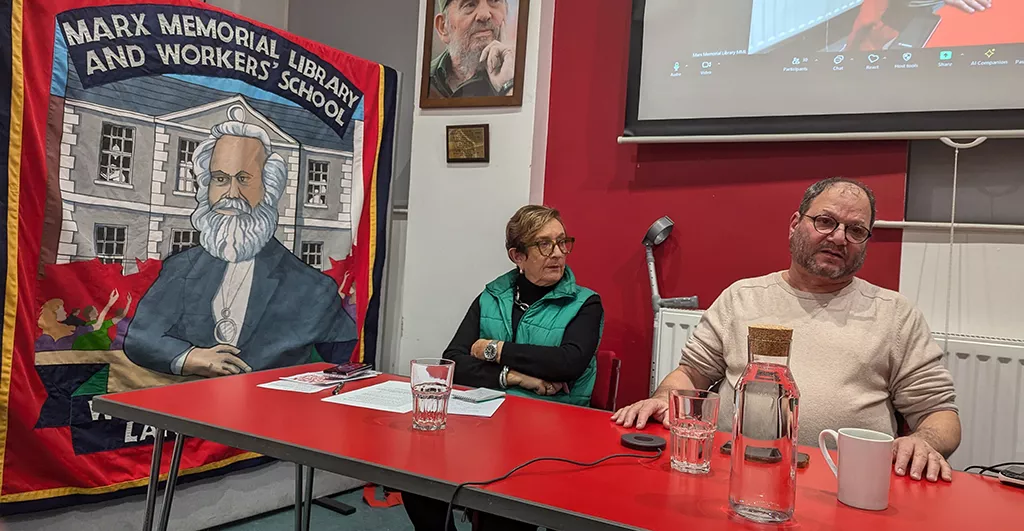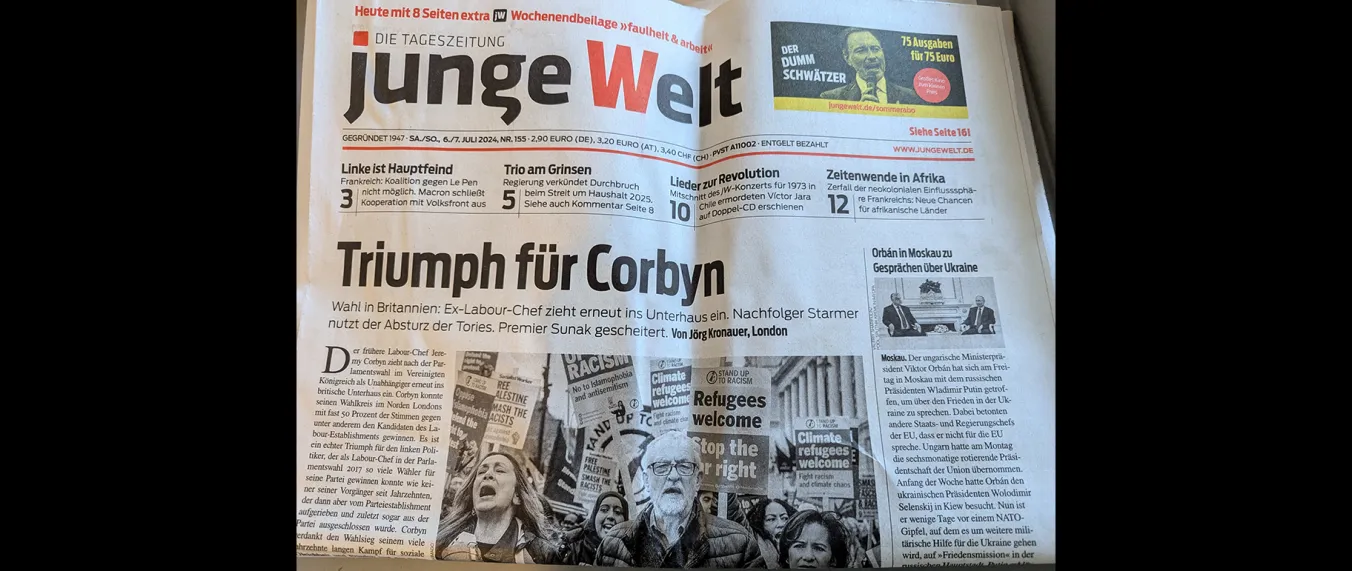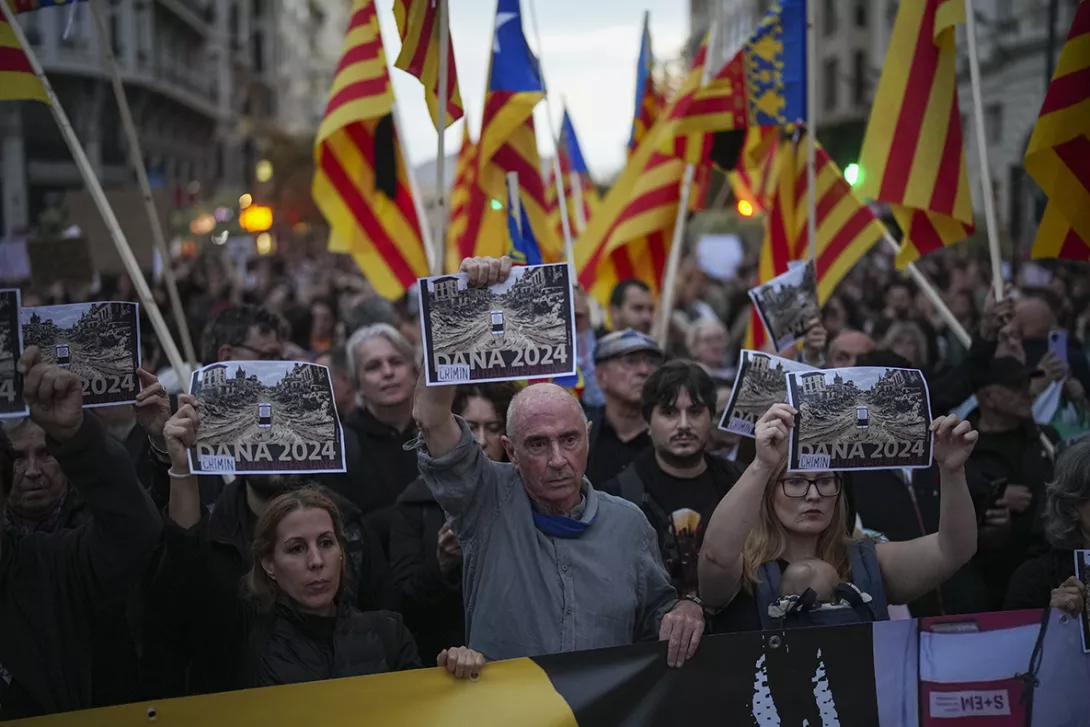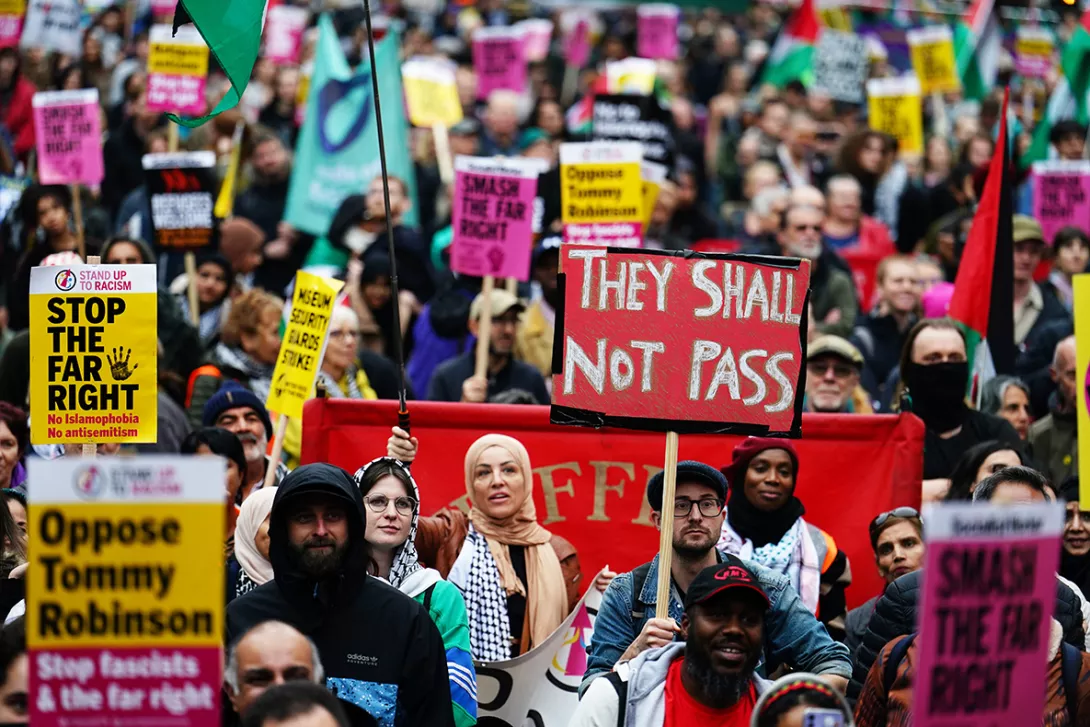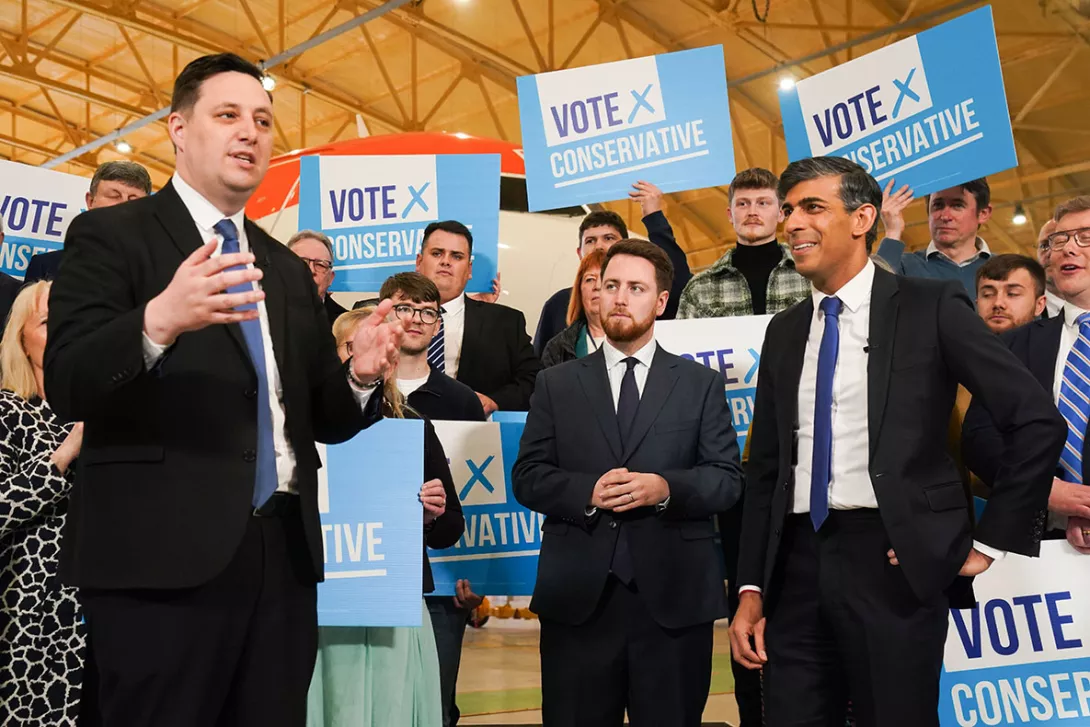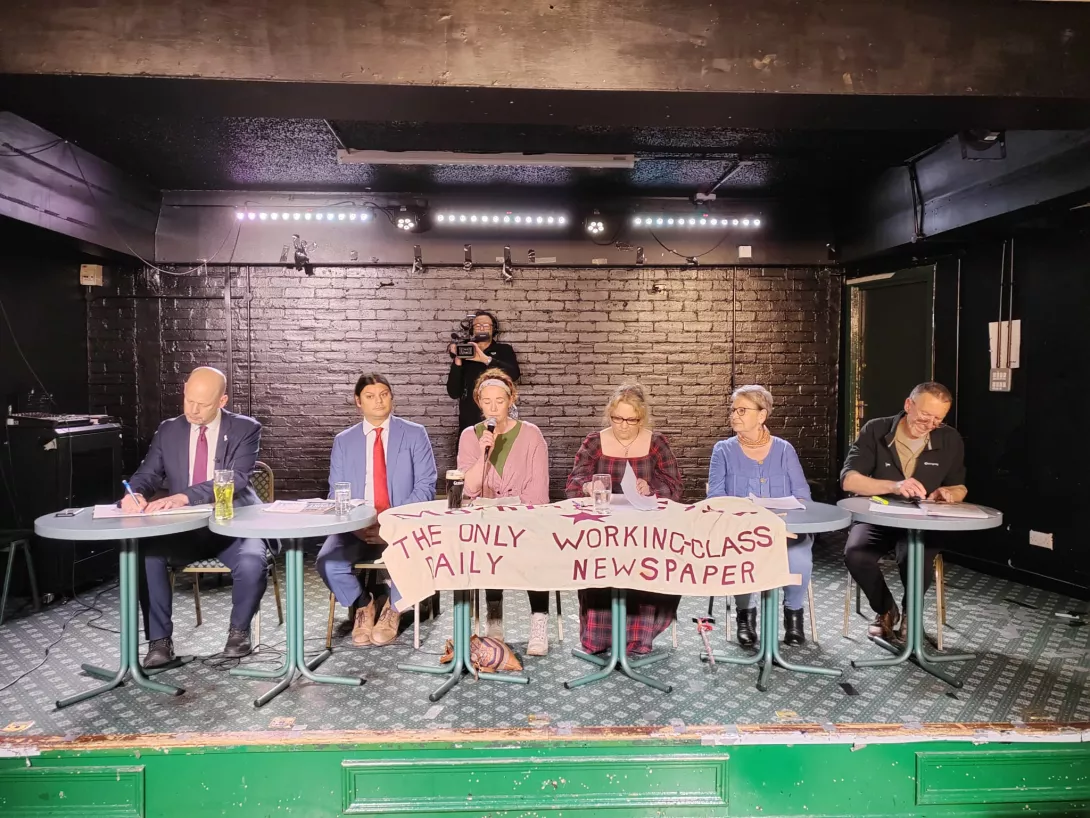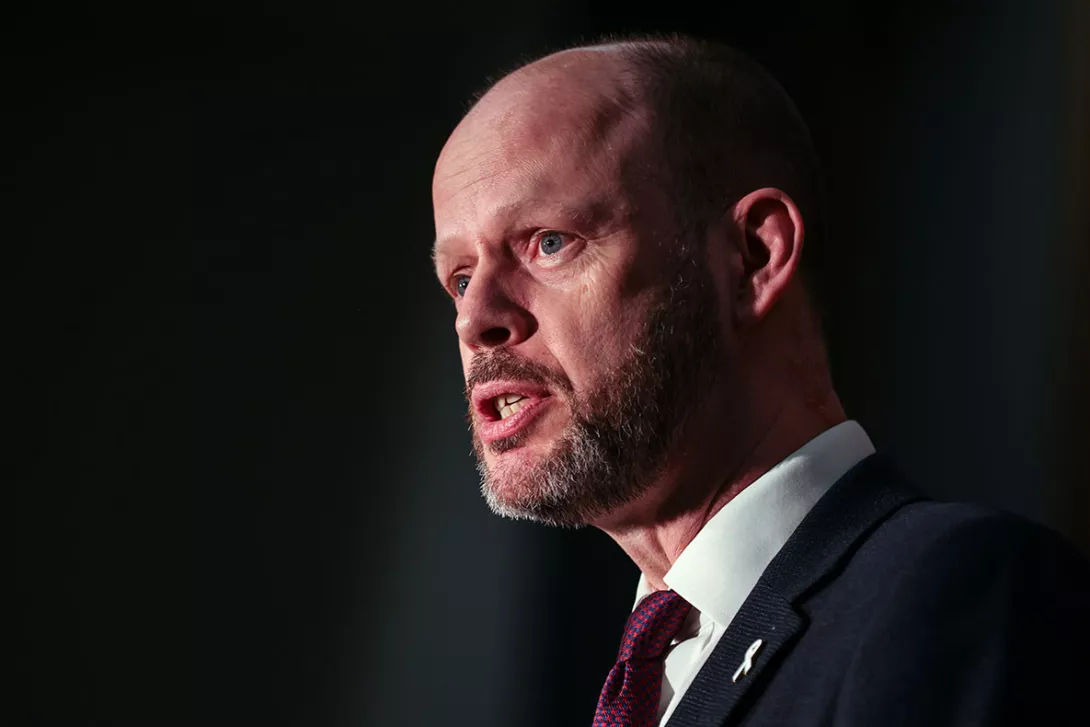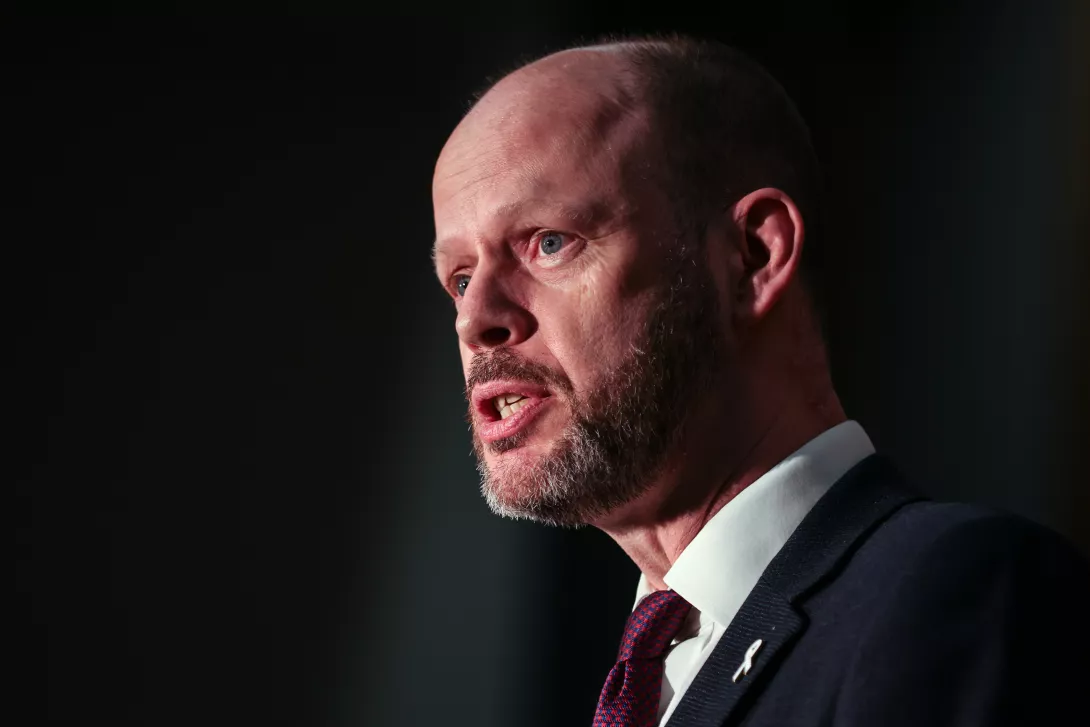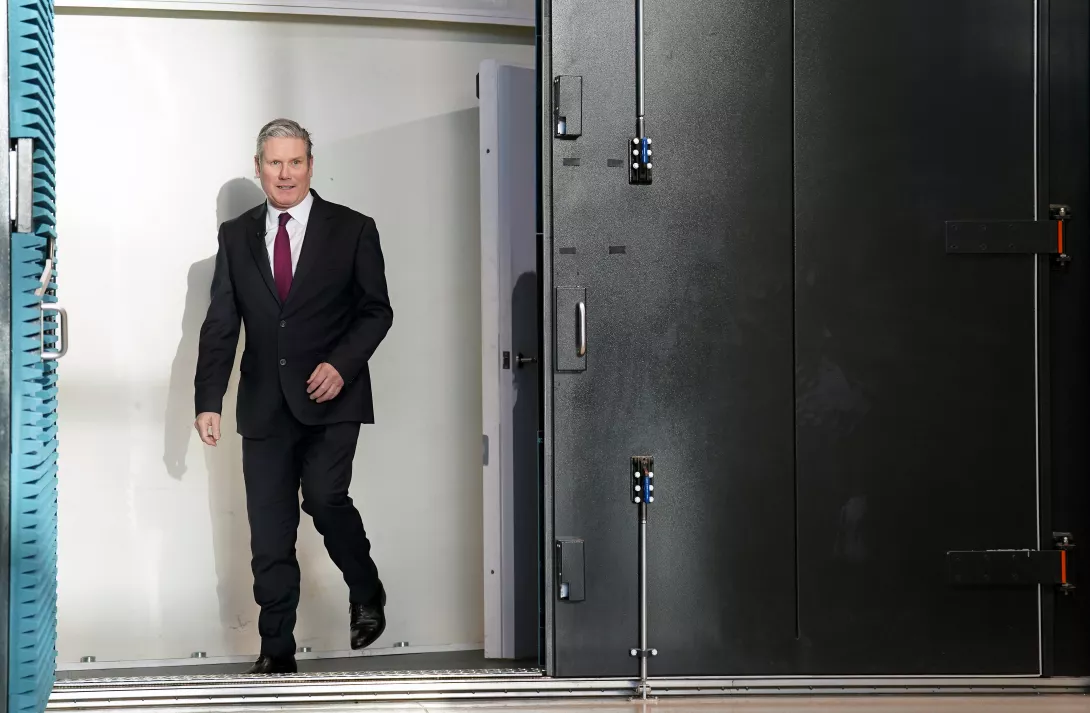
JAMIE DRISCOLL has set a challenge to the labour movement.
The North of Tyne mayor’s condemnation of Labour for having become a party of capital, not labour, will resonate.
The problem is not a new one. This weekend marks 100 years since Lenin died: the leader of the Russian Revolution famously called Labour “a capitalist workers’ party.”
Driscoll’s assessment of its pros and cons is more positively weighted than Lenin’s, but identifies the same dual character. “Continuity Thatcherism will fail… working people will rebel… this is where Labour is different from the Conservatives…
“Labour members baulk at the two-child benefit cap, banning MPs from picket lines, taking donations from American private healthcare firms and then proposing more NHS privatisation…”
This is all true, though Driscoll is probably too generous about the attitudes of most Labour MPs after three decades in which the party’s parliamentary elite has become ever more divorced from the working class in background and outlook.
It’s the reason Labour has seen a serious revolt over Keir Starmer’s endorsement of Israel’s murderous rampage through Gaza. The Tory Party faces no analogous pressure from its members or councillors.
It is true, too, that the trade unions — Driscoll names two of the strike wave’s most formidable leaders, Sharon Graham of Unite and Mick Lynch of RMT — have led the closest thing to an opposition we have seen over the past 18 months on domestic policy. He could add that mass grassroots campaigns, especially the Palestine Solidarity Campaign and Stop the War, have done the same on foreign policy in recent months.
What is key, though, is how practical are the measures proposed to drag Labour away from its socially, economically and environmentally destructive course.
“Working people will rebel, Labour councils rebel, Keir Starmer will be ousted,” Driscoll predicts.
Optimism of the will is essential, but so are planned pathways to the desired outcome. There is nothing inevitable about averting the future of war and poverty that faces the majority of British people under either a Tory or Starmer-led Labour government.
Living standards can be ground down, and new normals created in which expectations are lower.
The former Soviet Union experienced dramatic declines in life expectancy, living standards and public service provision following capitalist restoration in the 1990s: but mass resentment never turned into mass revolt and the lost ground has never been made up.
In Britain, we are witnessing a slow-motion collapse of formerly reliable services, from rail to mail to the NHS: it’s universally resented, but the closest thing to a coherent political counterattack yet developed, Jeremy Corbyn’s Labour, has largely dissipated rather than regrouped since electoral defeat.
The ease with which Starmer has simply banned or silenced opposition is a warning. Yes, he has had to use undemocratic methods because Driscoll is right that Labour members do not approve. But there has been no co-ordinated fightback against the party’s rightward march, from left MPs, unions or even members.
All means of exerting pressure are worthwhile and Driscoll’s call to back candidates such as himself, a Labour mayor with an outstanding record, cheated of the party nomination by an anti-democratic coterie despite the backing of most affiliated unions, is one all socialists will take seriously. As a figure with serious regional policy and spending clout, his challenge throws up distinct problems for Starmer compared to that by MPs who have been similarly stitched up.
But we should not kid ourselves that a handful of electoral challenges will change Labour’s direction.
Political campaigns focused on specific causes — a total reversal of NHS privatisation is perhaps the most obvious — must be given a level of national co-ordination and local weight that prompts the kind of institutional revolts Gaza has, and takes them further.
Organisations exist with such briefs, from the People’s Assembly to Enough is Enough: but they must be made a reality.
